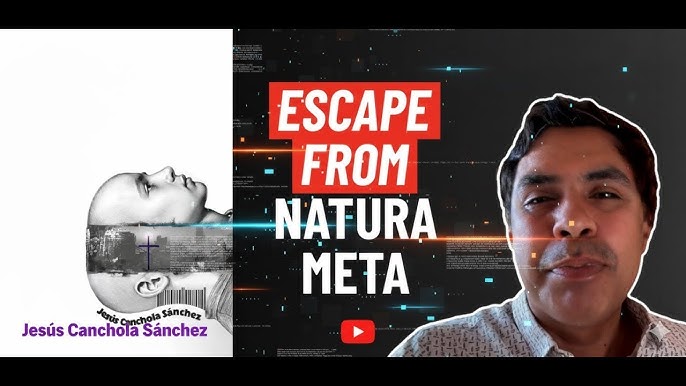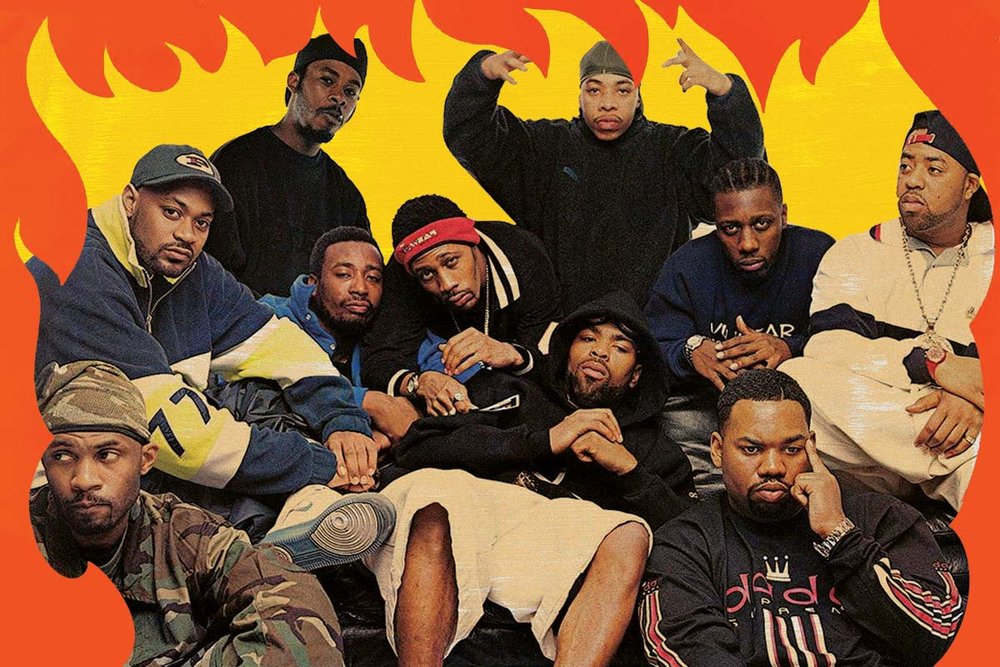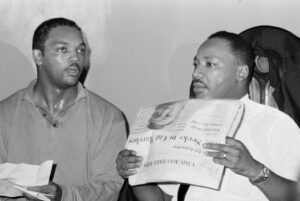Jesús Canchola Sánchez on Escape from Natura Meta and Faith
Jesús Canchola Sánchez Discusses Faith, Fiction, and His Debut Novel Escape from Natura Meta

From Early Storytelling to a Faith-Forward Debut
Jesús Canchola Sánchez has long believed in the transformative power of words. In a wide-ranging interview, the author traced his journey from childhood storytelling to the release of his debut dystopian novel, Escape from Natura Meta. For Sánchez, the move from secular to faith-based storytelling was a natural evolution—one driven by purpose as much as by craft.
The Evolution of a Creative Voice
Mediums that shaped his craft
Sánchez credits a variety of artistic influences—literature, cinema, and music—for enriching his narrative voice. He explains how experimenting with different formats helped him develop pacing, atmosphere, and layered characterization that appear throughout Escape from Natura Meta.
Transitioning from Secular to Faith-Based Storytelling
“This novel represents a transition for me,” Sánchez says. The shift wasn’t merely thematic; it reframed his intent as a writer. Rather than distancing faith from fiction, he chose to weave spiritual questions into speculative settings that invite both believers and skeptics to reflect.
Crafting a Dystopian Narrative with Christian Themes
Faith without sermonizing
One of Sánchez’s deliberate aims was to explore Christian themes without turning the narrative into a sermon. Instead, he uses the dystopian backdrop as a lens for moral and existential questions—identity, redemption, and the search for truth—embodied in the novel’s protagonist, Gabriel.
Character-Driven Storytelling: The Journey of Gabriel
Central to Escape from Natura Meta is Gabriel, a character whose arc models the novel’s theological and human concerns. Sánchez emphasizes rigorous character development: creating believable flaws, motivations, and relational dynamics that allow readers to see themselves in Gabriel’s journey.
Writing as Ministry
For Sánchez, storytelling functions as ministry. “Writing is a gift from God meant to be shared,” he explains. He hopes his fiction offers not just escape but also a space for reflection, healing, and renewed purpose.
Practical Takeaways for Aspiring Writers
- Keep writing consistently—craft improves with discipline.
- Focus on character development first; plot will follow.
- Let your influences inform, but don’t overshadow, your voice.
- Be courageous in blending faith with imaginative genres.
Sound Bites
“This novel represents a transition for me.”
“I wanted to take on that challenge.”
“Keep writing, keep loving yourself.”
Share this content:














Post Comment